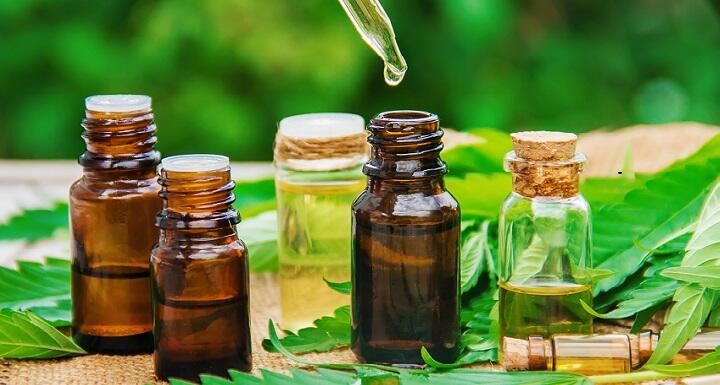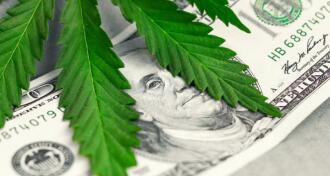In February, the North Carolina Department of Agriculture & Consumer Services (the "Department") disclosed its intent to issue CBD Advisory Letters to hemp and CBD industry participants within our state. Since then, letters have mailed. So far, the Department has followed through on its promise to take an "educate first" approach with the industry and, to our knowledge, no hemp or hemp-derived CBD products have been seized from shelves or embargoed by the Department. Recently, however, the Department conducted surprise inspections at retail stores in North Carolina. Those CBD Survey Inspections appear to be focused on determining whether or not retail stores are offering for sale any of the following products:
- food products labeled to contain CBD;
- CBD products labeled as a dietary supplement;
- CBD products that bear medical or drug claims on the packaging or accompanying material; and
- dried or fresh floral material represented to be a "smokeable" product.
During those CBD Survey Inspections, the Department is noting information about each store's CBD products that fit within the categories above, including brand names, unit sizes, manufacturer or distributor information, and total number of products present. Photographs may be taken of those products and their labels, and of any marketing materials, pamphlets or brochures within the store that contain medical or health claims related to a CBD product.
It is unclear, for now, whether or not the Department will conduct additional inspections – and whether or not any additional inspections will be conducted on an announced or unannounced basis going forward.
As it stands today, the Department's inspection guidelines indicate that it will continue to implement its "educate first" approach with the industry. The Department is not expected to seize or embargo any products, unless those products are unsafe or conditions are unsanitary. Instead, the Department is expected to follow up its inspection with official correspondence outlining the results of each CBD Survey Inspection and any legal or regulatory violations that it observed.
Inspections are normal for industries of this nature. Retail businesses should ensure their compliance with applicable state and federal laws and regulations, and they should have and make available on their premises all certificates of analysis, licenses, and other traceability documentation showing that their products are lawful. It remains to be seen what will happen going forward, but the existing industry is not being "killed off" by the Department today. Businesses should educate themselves on the status of regulations in North Carolina and beyond, and be upfront with inspectors about their operations, products, and their efforts to provide safe, traceable, and compliant products to customers.
We encourage anyone considering manufacturing, distributing, or selling hemp and hemp-derived CBD products to seek the advice and assistance of knowledgeable legal counsel. Ward and Smith's Hemp Law team is committed to the industry and available to assist, providing full-service legal representation to market participants on these and other complex legal issues.









